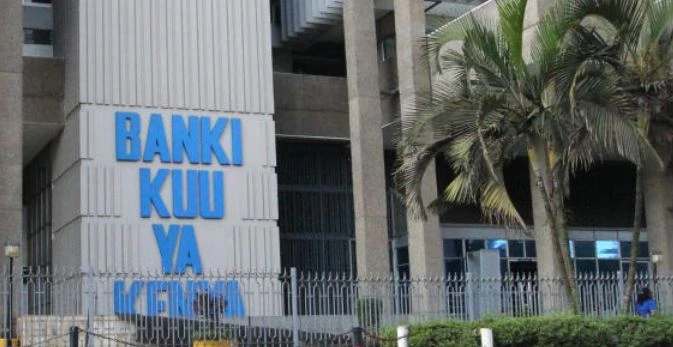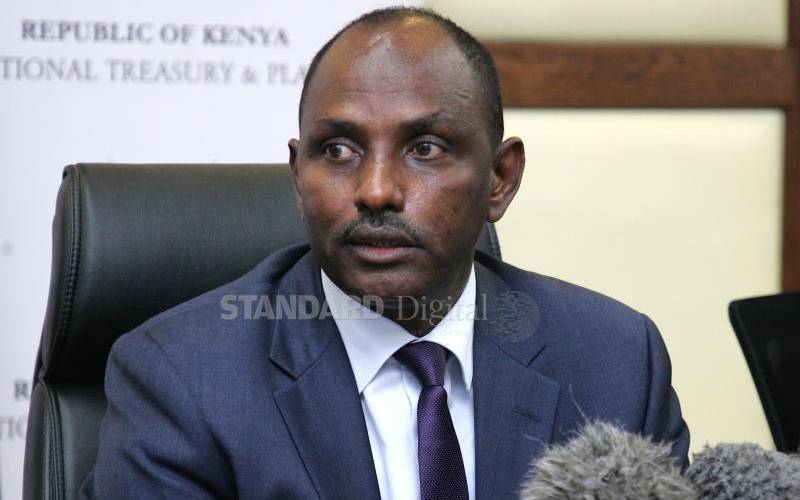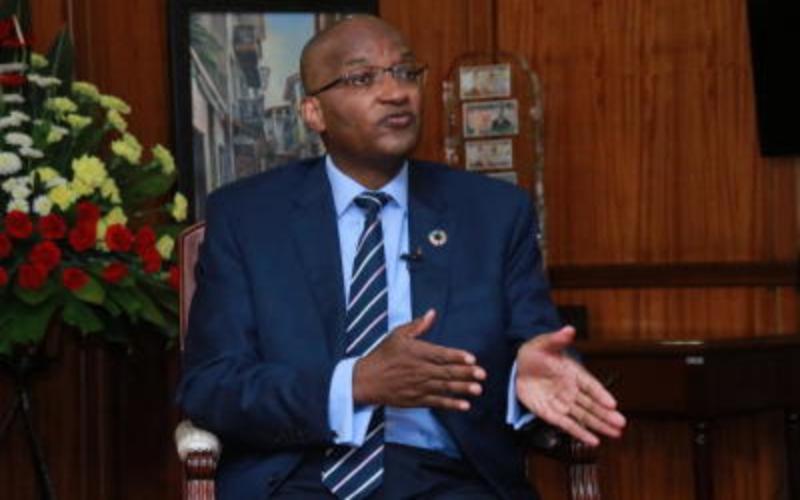
Top officials at the National Treasury and Central Bank of Kenya told the International Monetary Fund (IMF) that the high unemployment numbers given by employers were false.
In what is likely to fuel tension, the government told the Washington-based institution that employers and manufacturers might have taken advantage of the Covid-19 Pandemic to exaggerate the negative economic impact.
“They (Kenyan authorities) pointed to the high level of uncertainty and difficulties in capturing recent developments in economic statistics as traditionally compiled, noting that reported downturns in manufacturing and employment may have been overstated,” said the IMF in a detailed report on the Sh253 billion credit facility that Kenya received earlier this week.

As a result, Kenyan authorities, led by National Treasury Cabinet Secretary Ukur Yatani and Central Bank of Kenya Governor Patrick Njoroge, were more confident about the country’s growth outlook than the IMF staff.
While the IMF estimates that the economy contracted last year, the government officials said they “expected growth in 2020 to be about 0.6–0.8 per cent, supported by the agricultural and construction sectors and a strong rebound in trade and transportation”.
In January this year, Njoroge flagged the use of “wrong economic data” across several sectors that had led to a distorted view of the country’s recovery from the Covid-19 pandemic.
In a press briefing, the governor singled out the manufacturing sector for reporting figures that were inconsistent with the government’s economic indicators.
“We saw the leading economic indicators have been very strong in the manufacturing sector,” he said.
“However, the numbers that are reported by the sector are quite low and there’s a problem there. Something needs to be aligned.”
After Kenya recorded its first case of Covid-19 in March last
year, the government implemented various containment measures aimed at
curbing the spread of the disease.
The stringent measures, which included partial lockdowns of some counties, dusk-to-dawn curfew and restriction of domestic and international flights, closure of hotels and restaurants, and prohibition of all kinds of social gatherings, depressed economic activities.
In the period between April and June, about 1.7 million people were rendered jobless as businesses closed.
The economy contracted by a revised rate of 5.5 per cent, with education and hospitality being the worst hit.
In the next quarter, the economy, measured by gross domestic product or the total monetary value of all goods and services in the economy, recovered but still recorded negative growth of 1.1 per cent.
The recovery was largely due to the easing of some of the social distancing rules.
While the economy might have begun to pick up in the fourth quarter of 2020, the resurgence of Covid-19 infections that saw the government reintroduce containment measures might be a dampener, analysts note.




No comments :
Post a Comment